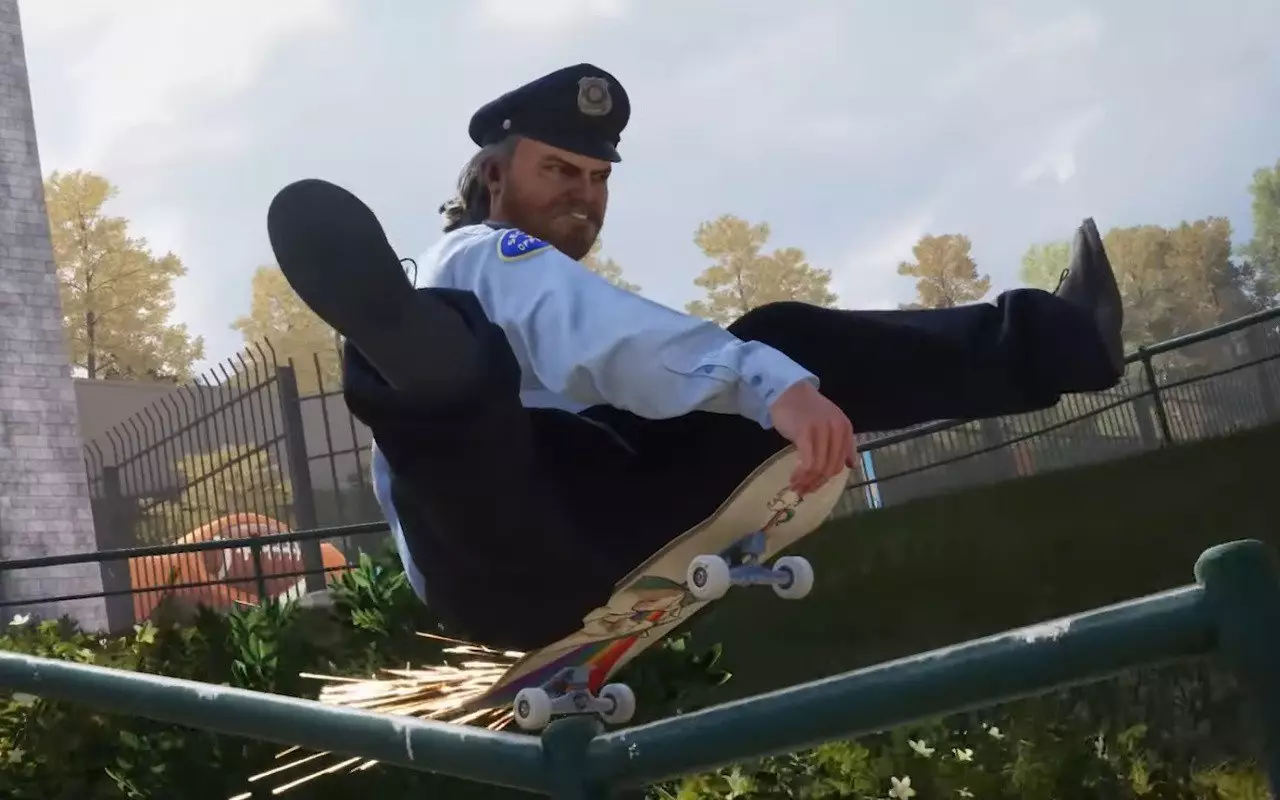In an era where nostalgia often drives the revival of iconic franchises, the reissue of Tony Hawk’s Pro Skater 3 and 4 highlights a fascinating tension between tradition and innovation. These titles, forever etched into the minds of gamers who reveled in their rebellious energy and killer soundtracks, are now faced with the challenge of balancing faithful homage and fresh appeal. While fans celebrate the chance to relive their youth, the choices behind the soundtrack reveal a deeper narrative about artistic freedom, market strategy, and the transformative power of music. The decision to alter the soundtrack, removing some familiar anthems and introducing new tracks, sparks a debate about whether these changes serve to honor the past or inadvertently dilute the series’ cultural significance.
Tony Hawk’s Vision: A Deliberate Push Toward Discovery
Tony Hawk’s public statements about the soundtrack process shed light on a personal philosophy rooted in musical exploration. Hawk emphasizes that his goal is to introduce players to emerging artists and genres that might otherwise remain hidden. This approach signifies a commendable effort to keep the franchise evolving—acknowledging that video games can be more than mere entertainment; they can be cultural catalysts. However, the assertion that “not everyone agreed” on including certain tracks like Alien Ant Farm’s “Wish” reveals a subtle clash between artistic intent and fan nostalgia. Hawk’s desire to “keep it fresh” aligns with a broader industry trend: using reboots as platforms for promoting new talent while risking alienating purists who cherish the original soundtrack’s iconic tracks.
The Side of Selective Nostalgia
Despite Hawk’s focus on innovation, there is an undeniable nostalgia embedded within the series’ DNA. Fans often regard the soundtracks as integral to the gaming experience—a sonic tapestry that transports them back to a specific cultural moment. The decision to exclude well-loved songs like “Wish” demonstrates the delicate compromise between respecting legacy and embracing change. Hawk’s suggestion to simply “fire it up on your streaming service” underscores a pragmatic acknowledgment that not all fans will agree with these choices. Yet, this approach undervalues the emotional connection fans have with these tracks, which transcend their role as background music to become symbols of personal and collective memories. The challenge lies in honoring the series’ roots while daring to forge new auditory paths.
The Balancing Act: Legacy and Modernity in Character and Content
Beyond the soundtrack, the game’s roster reflects Hawk’s method of blending legendary skaters with contemporary stars. By integrating figures like Chloe Covell and Rayssa from Brazil, the franchise signals its intent to stay relevant within the global skate community. Hawk’s emphasis on including active skaters underscores his understanding that modern gaming audiences value authenticity and diversity. Bringing in figures like Bam Magera late in development alludes to a strategic effort to appeal to a broader audience—merging the rebellious spirit of the punk era with today’s dynamic skate culture. However, while such inclusions are intended to spice up the game’s appeal, they also risk overshadowing the nostalgic core that made the original titles groundbreaking. The delicate dance between respecting tradition and pushing boundaries becomes the backbone of how modern reboots should be judged.
The Implication of Artistic Curation and Player Experience
Ultimately, the controversy surrounding soundtrack choices exemplifies a larger issue within interactive entertainment: who gets to decide what’s authentic? Tony Hawk’s role as a curator reflects a personal commitment, yet it also reveals the complexities of collaborative decision-making in game development. As Hawk alludes, the process involves balancing creative vision with team input and commercial considerations. While his efforts to highlight emerging talent are admirable, they should not come at the expense of the emotional resonance that established hits provide. Uppermost, the soundtrack serves as an cultural time capsule—altering it risks changing the very essence that defined the franchise’s identity. At the heart of this debate is the question of whether modern updates can honor legacy without sacrificing the soul of the original experience.
The revival of Tony Hawk’s Pro Skater through the lens of soundtrack overhaul illustrates a broader truth about cultural reinventions: evolution is inevitable, but it must be handled with care. The franchise’s effort to meld nostalgic favorites with new sounds symbolizes a hope for progress without forgetting the past. Yet, the episode also teaches us that fans’ emotional investments are deeply intertwined with the music that defines their memories. Moving forward, developers and artists need to strike a harmonious chord—one that respects history while daring to innovate, creating a richer, more diverse soundtrack that appeals both to loyal fans and newcomers. In doing so, they can craft a legacy that honors the past yet confidently embraces the future.

